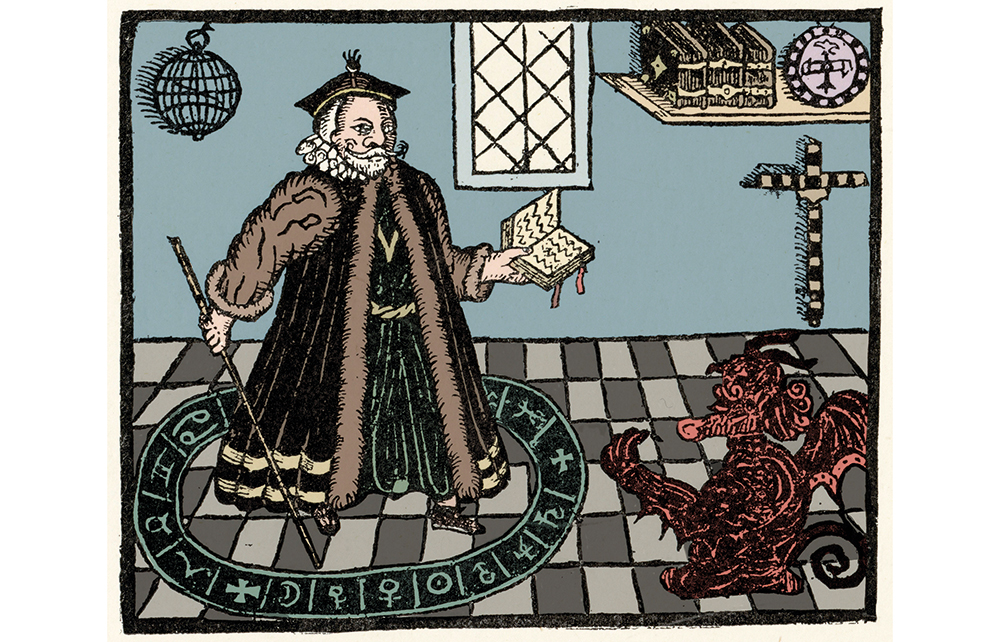It has long been acknowledged that alchemy, however bizarre its premises, is the fore-runner of modern chemistry, compelling a figure as rational as Sir Isaac Newton. Other aspects of Renaissance thought are harder to assimilate. In his study of five crucial figures of the 15th and 16th centuries, Anthony Grafton aims to demonstrate that astrology, angelology and conjuration were, if not central to the era’s world view, at least hard to extricate from its more respectable concerns.
His first subject, Faust, is little more than a sideshow, but significant in establishing the magus as a not entirely respectable figure, from which ignominy Grafton seeks to rescue him. The four who follow, Marsilio Ficino, Pico della Mirandola, Johannes Trithemius and Heinrich Cornelius Agrippa, each tussled with ancient learning, church teachings and the pressures and innovations of their modern world to build esoteric bodies of knowledge with the aim of the improvement of man. Each took care to separate ‘good’ magic from ‘bad’ – the Faustian notion that magic came from consorting with demons.
Good magic was concerned with exerting power over the natural world, and involved such pursuits as engineering and mathematics, however wacky some of their applications. In Grafton’s view, the magus of the era was an all-purpose thinker and wonder-worker, often attached to a ducal or royal court, with his scope extending to military design, the creation of automata and theatrical special effects, as well as casting horoscopes. (Leonardo almost makes the cut here.) New technologies created awe and a sense of the uncanny in the uninitiated.
Many tributaries fed into the river of knowledge that culminated in Agrippa’s mighty De occulta philosophia of 1533, where Grafton’s story ends. Ficino was the erudite translator and sly improver of ancient texts on magic, while Pico introduced elements of the Cabala from his extensive reading in Hebrew.








Comments
Join the debate for just £1 a month
Be part of the conversation with other Spectator readers by getting your first three months for £3.
UNLOCK ACCESS Just £1 a monthAlready a subscriber? Log in